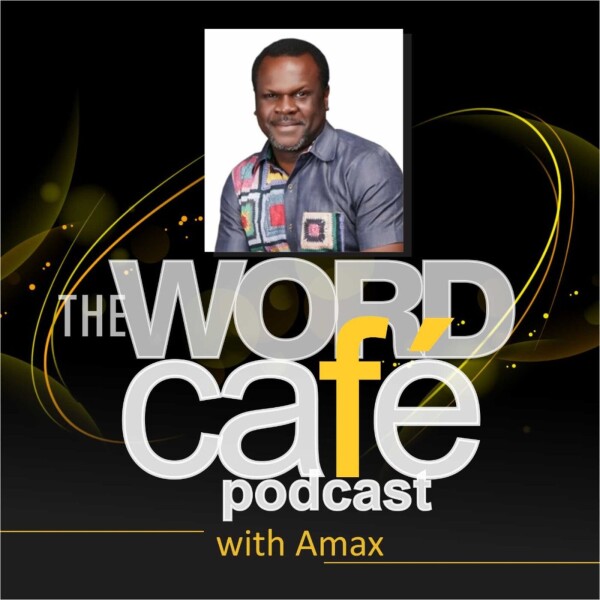S2 Ep. 133 Doing Business in Pidgin English
Jun 28, 2023 • S02 E133 • 00:41:40
The power of language and communication is immense and plays a crucial role in our everyday lives. Here are some critical aspects of their strength:
1. Expression of Thoughts and Ideas: Language lets us express our thoughts, ideas, and emotions. It allows us to share our experiences, beliefs, and perspectives, fostering understanding and connection. Through effective communication, we can convey complex concepts, engage in meaningful discussions, and inspire others.
2. Building Relationships: Communication is fundamental to building and maintaining relationships. It helps us connect with others on an emotional level, form bonds, and establish trust. By effectively expressing ourselves, actively listening, and understanding others, we can forge strong interpersonal connections and create a sense of belonging.
3. Knowledge Transfer: Language serves to transmit knowledge and information across generations. We can document and share accumulated knowledge, scientific discoveries, cultural heritage, and societal progress through oral and written communication. This facilitates learning, growth, and the advancement of civilizations.
4. Influence and Persuasion: The power of language lies in its ability to influence and persuade. Through compelling arguments, persuasive rhetoric, and the art of storytelling, we can shape opinions, inspire change, and mobilize communities. Practical communication skills are essential in various domains, including leadership, public speaking, marketing, and diplomacy.
5. Resolving Conflicts: Communication is crucial in resolving conflicts and fostering understanding. We can address misunderstandings, find common ground, and seek mutually beneficial solutions by engaging in open and respectful dialogue. Active listening, empathy, and practical negotiation skills can promote peaceful resolutions and prevent further escalation.
6. Cultural Preservation and Diversity: Language is intertwined with culture, serving as a means to preserve and celebrate diversity. It reflects a community or nation's history, traditions, values, and identity. Through language, we can appreciate different perspectives, bridge cultural gaps, and promote inclusivity and tolerance.
7. Empowerment and Social Change: Language can be a powerful tool for empowering individuals and driving social change. By giving a voice to marginalized groups, raising awareness about social issues, and advocating for justice, language plays a crucial role in challenging inequalities, promoting human rights, and shaping a more equitable society.
In summary, language and communication have transformative power. They enable us to express ourselves, connect with others, transmit knowledge, influence opinions, resolve conflicts, celebrate diversity, empower individuals, and bring about positive change. By harnessing the power of language, we can create a more interconnected, informed, and compassionate world.
One core factor that defines human interactions is the exchange, as we can see from the above, and these interactions come in various shapes and shades; each culture has its very own nuances to which every member can relate on an emotional level that releases energies that are unique and peculiar to that community, even in trade and commercial activities.
In West Africa, Nigeria, to be precise, given the diverse cultural mix, several languages are spoken, but English unites almost everybody, thanks to the colonial past. English is very prominent in Nigeria because it is a one-way knowledge transfer that occurs in every sense of the word. It is even seen as an
You can support this show via the link below;
https://www.buzzsprout.com/1718587/supporters/new

 Rss
Rss
 Breaker
Breaker
 Player.fm
Player.fm
 Radio Public
Radio Public